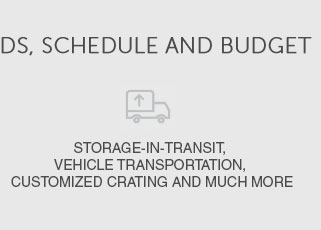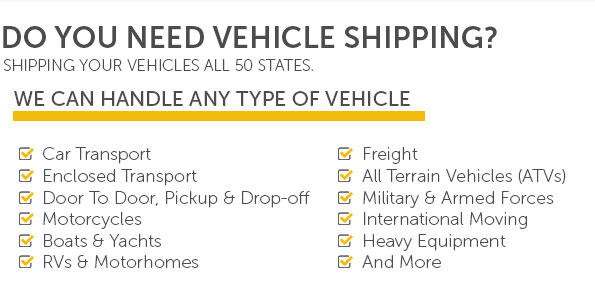 |
 |
 |
|||
 |
 |
 |
 |
 |
 |
 |
 |
 |
|||
 |
 |
 |
 |
 |
||
 |
 |
 |
 |
|
vfuwgziphd3 Unlock unparalleled efficiency and precision with our 'moving quotes' service tailored for fast-moving consumer goods companies; experience the synergy of cutting-edge logistics and market-leading insight as we streamline your transition, ensuring every product is perfectly positioned for success in the blink of an eye-because in the world of FMCG, every second counts and we move at the speed of your ambition.
https://www.investopedia.com/terms/f/fastmoving-consumer-goods-fmcg.asp
Fast-moving consumer goods (FMCGs) are products that sell quickly at relatively low cost. FMCGs have a short shelf life because of high consumer demand. https://en.wikipedia.org/wiki/Fast-moving_consumer_goods
Fast-moving consumer goods (FMCG), also known as consumer packaged goods (CPG) [1] or convenience goods, are products that are sold quickly and at a relatively ... https://www.consultancy.uk/news/26874/the-worlds-40-largest-fast-moving-consumer-goods-companies
M&A complementing organic growth - 1. Nestl - 2. Procter & Gamble - 3. PepsiCo - 4. Unilever - 5. AB InBev - 6. JBS - 7. Tyson Foods - 8. Coca- ...
|